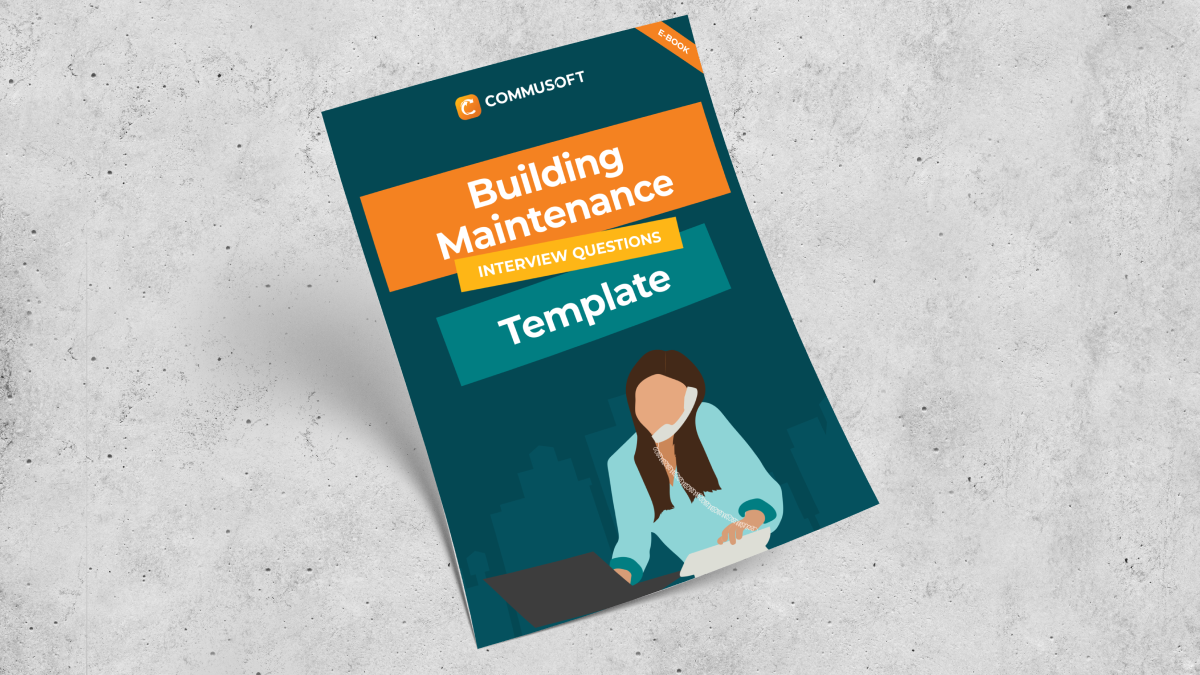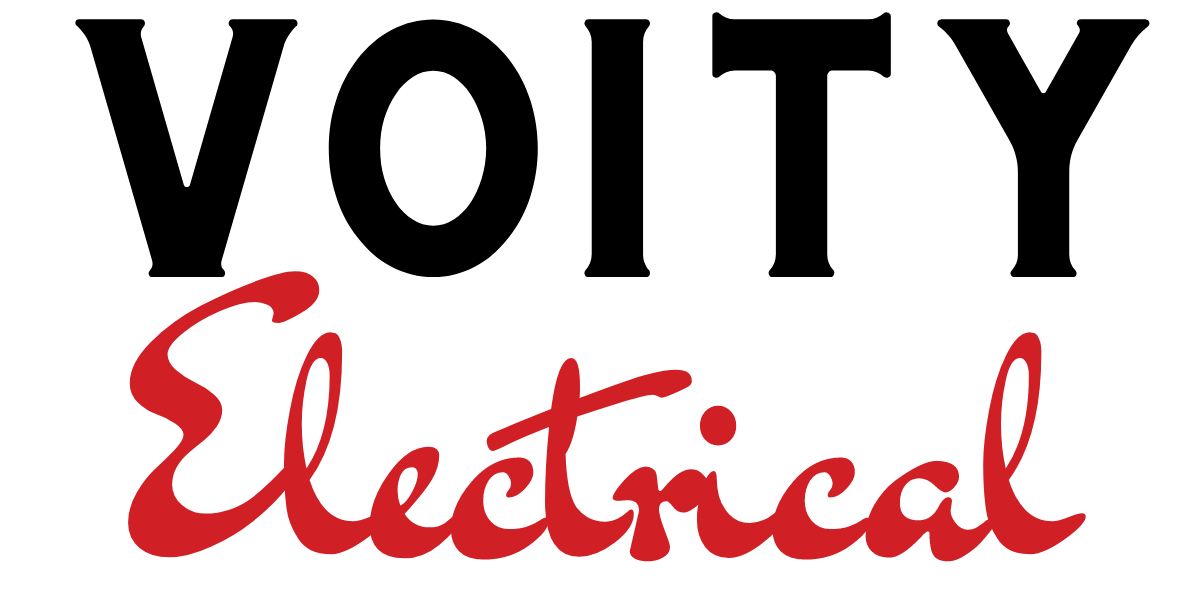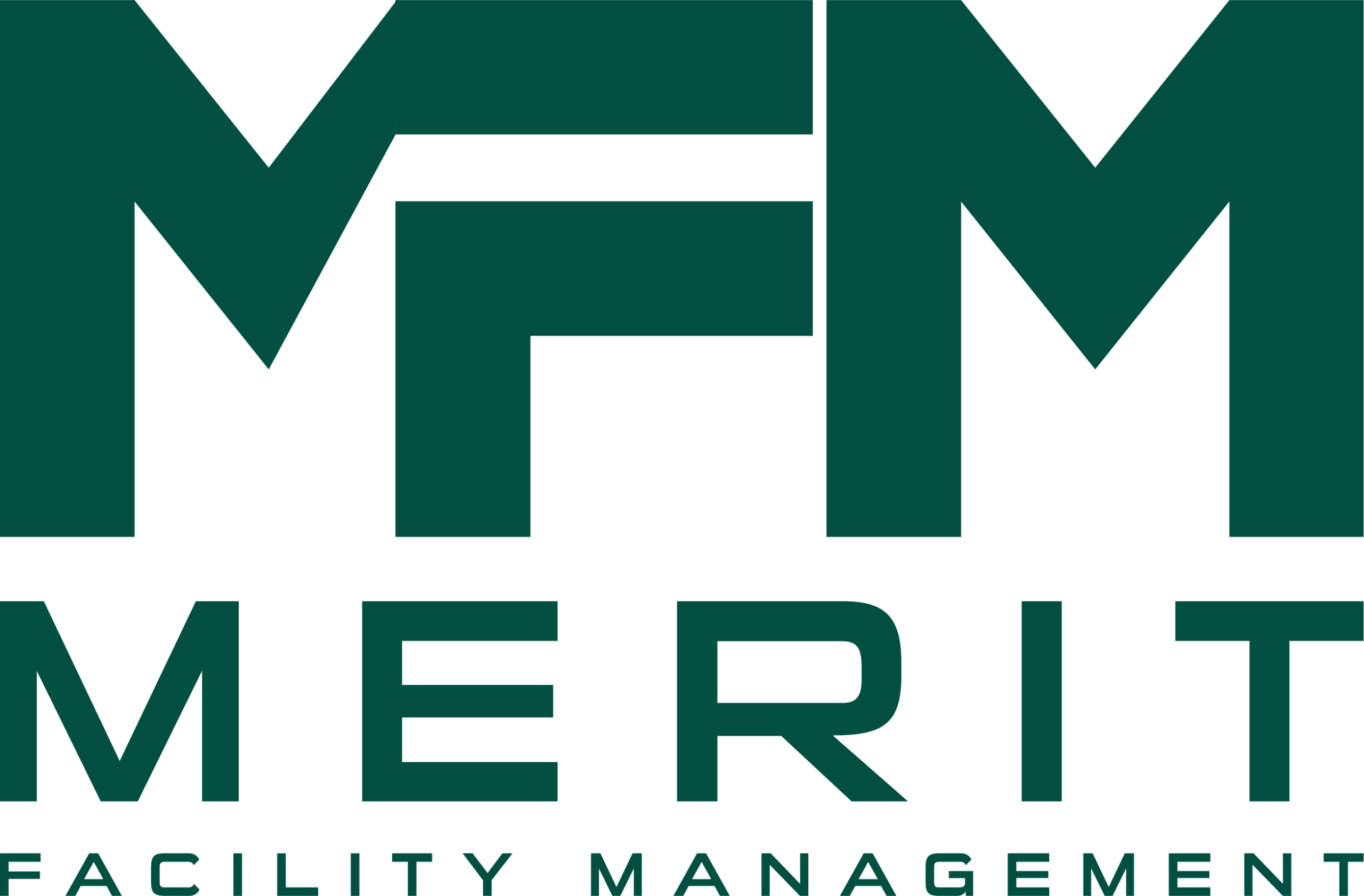Hiring in Trades: Building Maintenance Technician Interview Questions
July 22, 2021 | Read: 12 minutes

Whether you’re looking for a building maintenance technician, or workers in any trade that your commercial clients need, finding the right employees is often the biggest challenge business owners and hiring managers face…
Hiring the right technician for your building maintenance jobs comes with a handful of concerns, plus the fact that their work can have a real impact on the safety of others.
If a salesperson fails to make a sale, it’s disappointing but rarely devastating: there’s always another customer they can contact.
However, if a technician makes a mistake and signs off an elevator as safe to use (when it’s not), the consequences can be far more severe than losing a few building maintenance jobs.
The Consequences of Hiring the Wrong Building Maintenance Technician
- Financial: onboarding and training a new employee means buying new equipment and tools, plus time out of a manager’s schedule, as well as probation period pay (up to 30% of the employee’s income).
- Organizational: introducing an employee who turns out to be the wrong fit can heavily impact the company culture, even leading to questioning your leadership skills if the new hire’s negative attitude affects the team.
- Productivity: productivity is closely linked to employee well-being so if neither your new hire nor your existing employees are thriving, work isn’t getting done efficiently.
If you paid close attention to the consequences above, you’ll have noticed that a few of them have more to do with the personality of an employee than their work experience.
That’s because in a customer-centric, teamwork-based world – soft skills rank just as high as hard skills. This is especially true when you consider that you can teach practically any skill to someone who is eager to learn, but you cannot teach someone how to have a good personality.
So, how do you make sure you’ve got someone who can balance technical expertise with a friendly attitude, is able to both be confident in their skills but also open to learning new things, and can hit the ground running?
That’s what we’re here to explain!
Join us as we break down how you can hire the right technicians for your company.
Let’s get started!
How Do You Hire the Right Building Maintenance Technician?

Before the interview: make sure you know how to recruit and retain technicians.
Hiring a technician, whether they specialize in general building maintenance, HVAC, plumbing, or any other trade, is a bit different from hiring in any other department.
On one hand, technical skills are easy to quantify and list from the beginning. For example, if you’ve got a senior building maintenance job to fill and you’re aware that 90% of the job will be maintaining the ventilation systems and supervising a junior technician, you can make it clear that they need to have 4+ years of experience, OSHA training completed, and a NATE accreditation.
On the other hand, assessing a building maintenance technician’s soft skills is more complicated, as there are job-related and teamwork-related soft skills.
Job-related soft skills are abilities like problem-solving proficiency (e.g. how they react if they’re faced with an appliance malfunction that they haven’t seen before), the ability to climb and manage heights, lift up to 60-70 lbs., etc.
As long as you’re not looking for an apprentice or junior technician, these skills will simply come with doing the job so you can include them in the job description.
Check out our interview with Shannon Tymosko and learn more about her own journey and the fantastic advice she has on offer, too!
Job Summary of a Building Maintenance Technician
Our service business manages four-story luxury residential buildings in a downtown location. Each building has 10 apartments and we’re responsible for servicing the central heating system, built-in appliances, and other miscellaneous assets. As these are luxury properties, they require 24/7 support and maintenance.
The successful candidate will be part of a two-person maintenance team, alongside a Senior Maintenance Technician, and they will be responsible for servicing plumbing, electrical, access control, HVAC appliances, and any other duties assigned by the building manager.
The hardest, by far, to quantify are teamwork-related soft skills or the cultural fit of your building maintenance technician.
Before the interview, it’s important to outline the kind of soft skills you’re hoping for. You can do this by mentioning that they’ll have to work with a senior technician, for example, or do some customer service work from time to time, such as upselling.
Make sure to include these in the job requirements, but don’t get your hopes up. Most applicants will skim over soft skills and simply consider how much experience they need, then apply directly.
You’ll want to check the credentials and job history of your favorite candidates prior to the main interview, as some people will still apply (and might be worth considering! Don’t discount anyone because they’re not your typical applicant).
A good way is to send them a problem scenario beforehand and eliminate weaker candidates based on their answers. This saves you from spending an hour or more interviewing them and discovering they’re not qualified to run HVAC performance tests.
During the interview: Here’s what to ask a Building Maintenance Job Applicant:
One mistake some managers or owners make is using the interview time to review the applicant’s CV in detail. At this point, you should already be certain that they’re capable of doing the job you’re hiring for.
The interview’s purpose is to find out if they’re the right person for doing the job. It’s great to start off by asking them about their previous experience, but the goal should be to gauge what their behavior was like on the job, how they related to other employees, and whether they were able to align themselves with the company brand.
A Building Maintenance Technician Interview can be Divided into Three Main Parts:
- Work Ethic
- Cultural Fit
- Customer Service Prowess.
Teamwork is incredibly important and can make or break your business. “The strength of the team is each individual member. The strength of each member is the team.” – Phil Jackson
No matter how skilled a technician is, the plain truth is that no one likes to work with a jerk and absolutely no one wants to hire one.
To get around this, you need to put yourself in the customers’ shoes and decide if this is the kind of person you’d want working in your home or business premise.
While the way technicians interact with customers differs from the rest of your staff – mainly in that they’re often face-to-face with customers–the technician you do hire should ideally be “a people-person,” in much the same way that you’d expect someone in sales or marketing to be.
The bottom line is you want to work with people who are capable of being friendly to customers and who work well with others.
This being said, spotting a bad apple isn’t as easy as asking them “Would you tell a building manager they’re an idiot for messing up the central heating system?”
Hopefully, no candidate would ever answer “Yes!” to that, but even so, your questions need to be a bit more tactful, too.
In order to gauge this, you need to ask qualitative, open-ended questions, where there’s no right answer, but simply two or more ways of doing things.
Some Great Work Ethic Questions for Your Building Maintenance Job Interview:
The purpose of a work ethic question is to help you assess whether an employee is intrinsically motivated to do a great job or if they’re the kind of person that will do the bare minimum necessary to avoid being flagged by management.
Answers that highlight regrets or mistakes are also very important because they show a person is capable of managing a situation that has gone wrong and learning from it.
For example, someone who answers that they’ve “never made a mistake in their life” is probably being less than truthful. Sure, there may be a bit of bravado there, but it can indicate they don’t trust you as their manager.
Even worse, it demonstrates they’re not able to admit their mistakes and are therefore unable to (and haven’t) learned from them; either way, this can spell trouble and indicate they won’t recognize your authority or that there’s likely to be problems managing them in the future.
Examples of “Cultural Fit” Questions:
- What is something about you that people would find unexpected?
- What’s the biggest issue in the building maintenance industry these days?
- How do you stay up to date with tools and best practices?
- How would you let a colleague know they’ve made a mistake?
- Is there a course or accreditation you don’t yet have and would like to attend?
- How do you feel about using digital tools on the job, like a quoting app or inventory manager?
- What do you like to do in your free time? (this can seem personal, but who knows, if your team shares hobbies it can lead to great team-building opportunities).
Cultural fit questions will depend a lot on the kind of business you’re running or working for. Building maintenance companies come in all shapes and sizes, with some being more formal and straight-laced, while others are more of a down-to-earth, salt-of-the-earth type.
This should be reflected in your cultural fit questions and the candidate should be briefed about it beforehand, to avoid any disappointments when they show up to work in sweats and a t-shirt while everyone is wearing a button-down.
Customer Service Questions for Your Building Maintenance Interview:

- What is your idea of a great customer experience?
- Have you ever dealt with an upset customer? How did you manage the situation?
- How would you react if a customer mentioned you in a negative review?
Depending on the sector your business operates in, technicians might not have to deal with customers every day.
The same way a residential plumber might have, but it’s still a good idea to ask a few questions about customer service because it paints a detailed picture of the kind of candidate you’re looking at.
If you need some more ideas for inspiration, check out these field technician interview questions.
Patience, kindness, and politeness go a long way in dealing with building managers, tenants, or any other kind of shareholder. At the same time, if you’ve breached an SLA and sent them late on a job, you’ll appreciate having someone who can pacify an upset property manager.
Not to mention, these are people who others enjoy working around so they’ll contribute to a positive company culture.
The Most Important Question to Ask in an Interview
Do you have any questions for us?
If you only have time for one question, this is the one you have to ask because it tells you more than anything else about the person in front of you.
- Did they put in the effort to research the company beforehand or are they asking basic info about it now?
- Are they interested in the company structure? That’s a good sign that they’re in it for the long term and want to know if there are opportunities for advancement in the future.
- Are they asking about the business culture? Excellent! This means they’re also interested in being a good fit for the role, rather than just looking to fill in a position.
- Are they asking about pay? They shouldn’t have to because the salary should be listed in the job ad so everyone is on the same page from the beginning.
- Are they asking any technical questions? Great! They’re detail-oriented and passionate about specifics.
As long as the candidate demonstrates interest, that’s all that matters. If someone lacks any curiosity about the place and people with whom they’ll be spending 40 – 60h every week, it could very be that they’re shy or introverted, but at the same time it could demonstrate a lack of interest; a point worth discussing further.
It’s equally important that you’re transparent when answering the questions they have for you. Of course, you want to talk about all the great things your company does and offers but avoid exaggerations.
Just like you wouldn’t want them embellishing their resume, they don’t want to be misled either. If a tough question comes up, answer it honestly and then focus on the positives of the situation.
They’ll appreciate your truthfulness more than a dishonest answer.
Think Outside of the Box when Hiring for Building Maintenance Jobs
We hope you’ve found the points above helpful, but, of course, there’s always more to learn!
Consider asking potential employees if they’re familiar with using field service management software. Are they open to using new technologies on the job? That can say a lot about an employee and how they’ll fit in on your team.
Do you have a multi-trades service business? We have Electrical and Plumbing interview questions!
If you’re ready to take your building maintenance technician interviews to the next level, download this customizable questions template. With over 40+ questions, you can standardize your hiring process and be confident in bringing in new talent.
Cristina Maria
I'm here to bring you next-level strategies to the field service industry. When I'm not working on the best tips to grow your business, I'm on the lookout for sci-fi novels and cookie recipes.








